Russian Revolution 1917
Where can I find information about the Russian Revolution in 1917?
(Years 11-13)
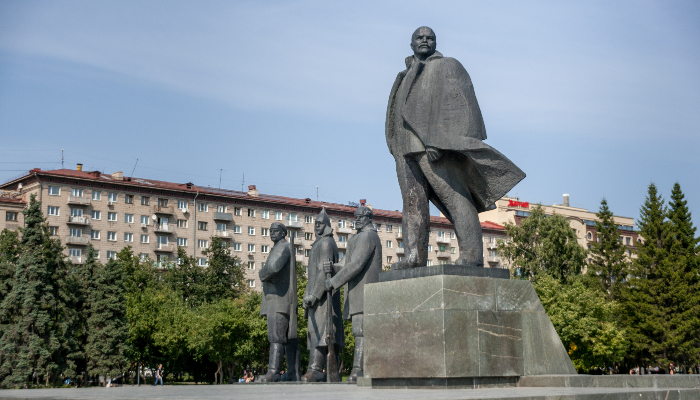
Image: Lenin Square, Novosibirsk by L-BBE on Wikimedia Commons.
Entry last updated: 13/01/25
Introduction
The Russian Revolution which lasted from 1917 to 1923 marked the end of the Romanov dynasty or Russian Imperial Rule. The Bolsheviks, led by Vladimir Lenin seized power from Czar Nicholas II to form the Soviet Union. This was the beginning of Communism in Russia.
General websites
Here are some selected websites that cover the facts, causes, significant days, names of people involved etc in the Russian Revolution. You will find here a range of information in different formats.
World History (Gale In Context)
World History in Context is a part of the EPIC databases especially put together for New Zealand schools. This database is very useful for secondary students. It has a wide range of full-text articles, images, videos and primary sources etc on the Russian Revolution.
You can do a keyword search, or use the Browse Topics tab to look for information on the Russian Revolution.
Tips: To use the EPIC resources, you need a password from your school librarian. Or chat with one of our AnyQuestions librarians to help you online. Some EPIC databases may also be available through your public library.
This database from EPIC is an online version of Encyclopaedia Britannica. It covers history, geography, social sciences, technology and science topics.
Enter the keywords 'Russian Revolution 1917' in the search box.
Select Russian Revolution (Russian history 1917) to read about the February Revolution, the role of the army in the revolution, and the Bolshevik Revolution.
Remember to explore the Images & Videos and the Related tabs at the top of each page.
Tips: Search words, or keywords, are the most important words in our question. We can always change our keywords or add more if we need to.
This website is the work of John Simkin who started this website in 1997. It has many tabs at the top of the home page to guide you to different periods in world history.
Select the tab Russia.
You will find links to pages of information about the people involved in this revolution such as The Role of Lenin, Stalin's Dictatorship and Russian Revolutionaries.
The link to Russian Revolution will take you to events and issues in Russia from 1914 to 1925.
Tips: Some websites have advertisements (or ads) which ask us to buy something or tell us to ‘click here’. It’s best to ignore these ads and focus on the information we’re looking for.
Fordham University is a recognised university in New York. There are some very useful digital resources that are free and open to be accessed on their website.
Enter the keywords 'Russian Revolution' in the search box.
Go to the link Russian Revolution.
Contents at the top of the page is a guideline on how the topic has been divided up.
Look down the page and select the areas you need to research.
Tips: Website addresses (URLs) can hint at how reliable the site is. Look for URLs that include .gov or .edu. These are quality sites from overseas government or education organisations.
Videos
The following websites have videos that talk about the Russian Revolution.
This is an educational show for high school and university level students. Each video includes sources for where the information came from.
Search for 'Russian Revolution'.
Watch the video Russian Revolution and Civil War: Crash Course European History #35.
This video talks about the 1917 Revolutions, Lenin, Trotsky, the Bolsheviks, the Russian Civil War, and the creation of the Soviet Union.
This is an American website that allows individuals and organisations to upload and share videos.
Use the search box to enter 'Russian Revolution' or 'Romanovs'.
We recommend Epic History: The Russian Revolution for a quick understanding of the revolution.
The video Mystery of the Romanovs by National Geographic is worth watching to understand how the Tsar and his family were betrayed.
Tips: YouTube allows people to comment on videos so you might come across different opinions. What’s important is to take what is positive and constructive from these comments.
Tips: You will find a huge selection of videos on YouTube. We recommend you view videos from reliable sources like National Geographic, History Channel, BBC etc.
Books
There are many books on the Russian Revolution. Check out your local public or school library to see what they have.
Here are some titles to help you with your search:
The Russian Revolution by Sheila Fitzpatrick.
Readings on the Russian Revolution: debates, aspirations, outcomes by Melissa Kirschke Stockdale.
The Russian Revolution: a new history by Sean McMeekin.
Eyewitnesses to the Russian Revolution by Todd Chretien.
The Russian Revolution: world war to civil war, 1917-1921: rare photographs from wartime archives by Nik Cornish.
SCIS no: 1881759
Topics covered
Related content
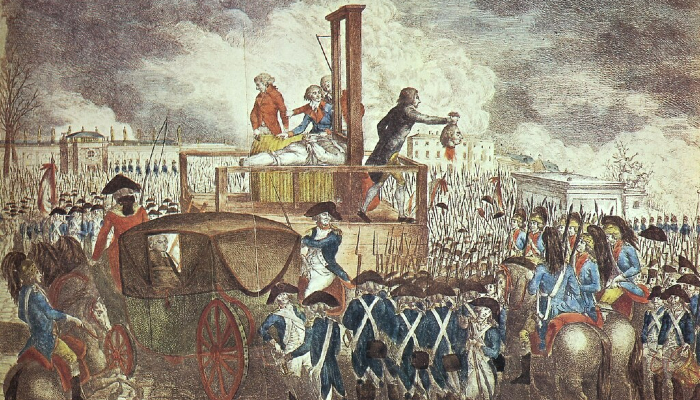
French Revolution 1789
Where can I find information about the French Revolution in 1789?
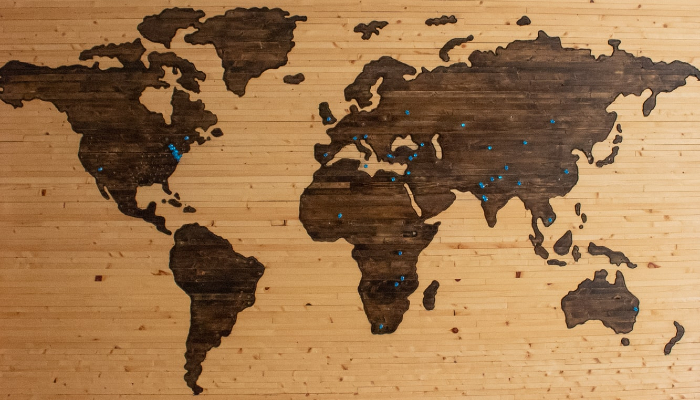
History (World)
Where can I find information about world history?

World War One
Where can I find information about World War One?
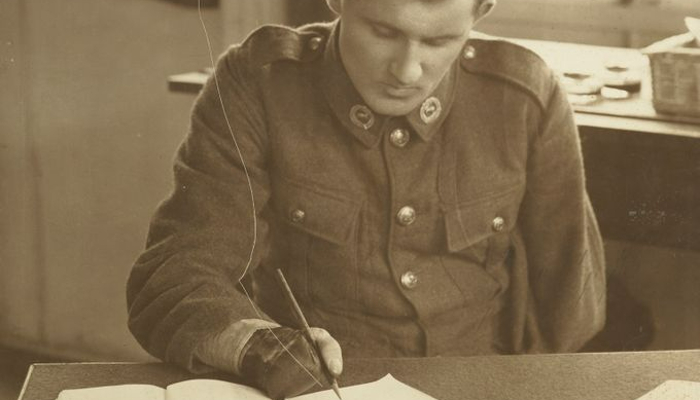
WW1 (primary sources)
Where can I find primary sources for World War One?
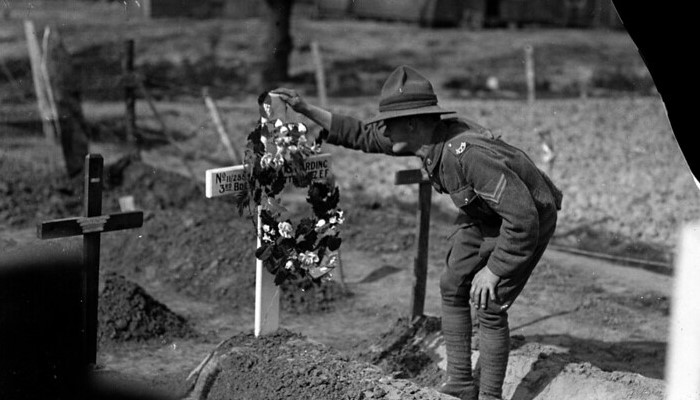
World War One (causes and impacts)
Where can I find information about the causes and impacts of World War One?
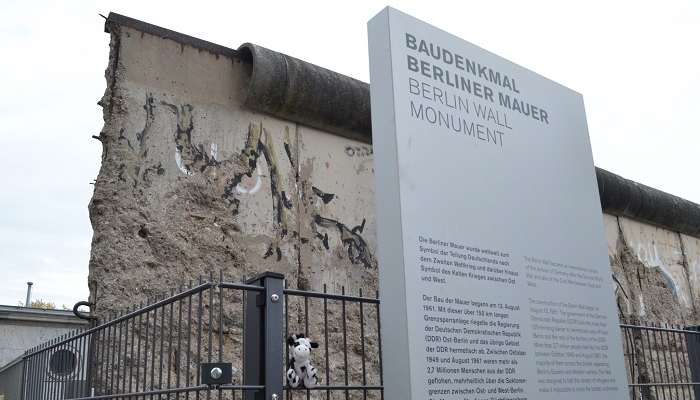
Cold War (1947–1991)
Where can I find information about the Cold War?
